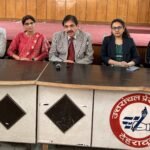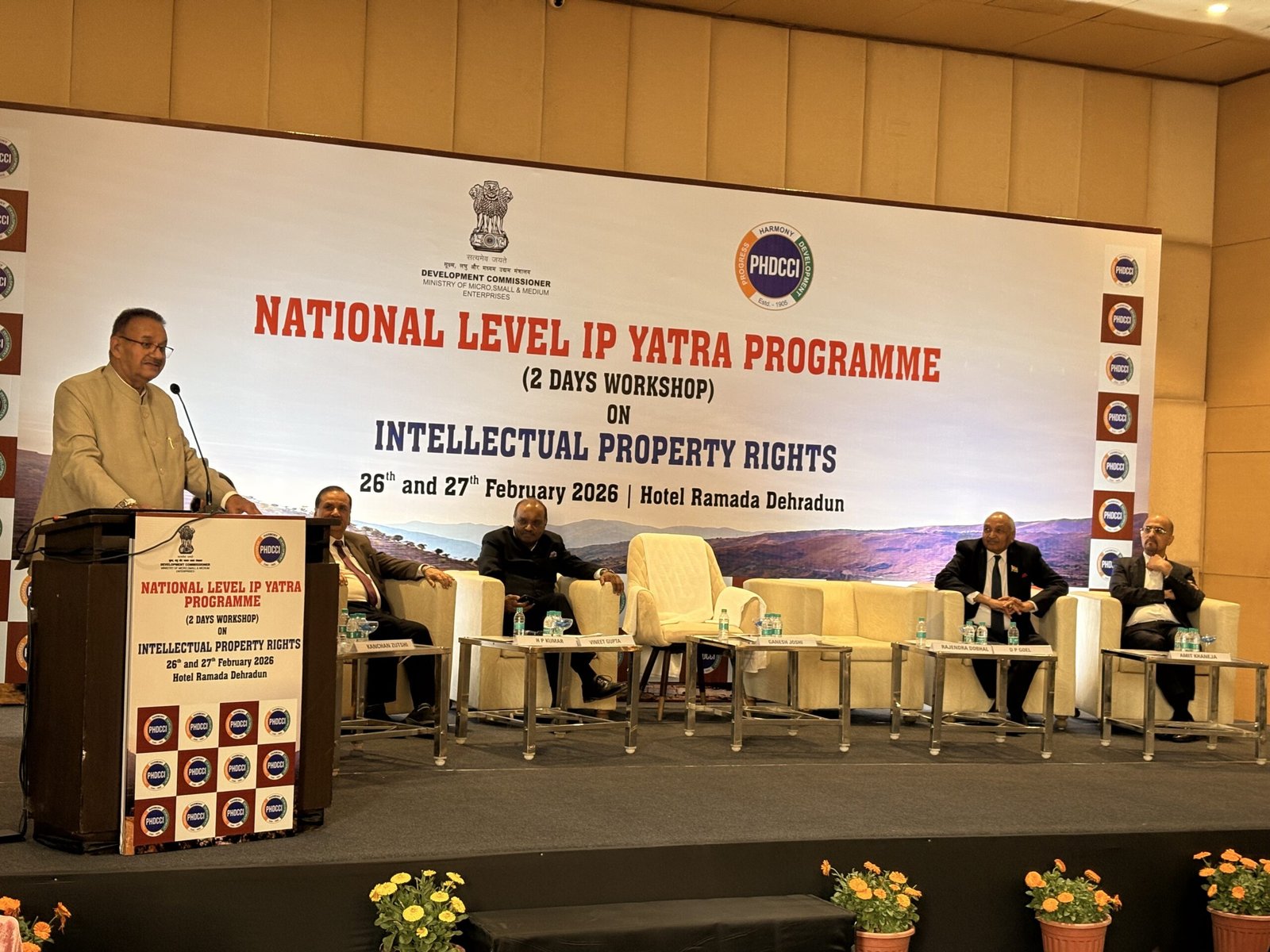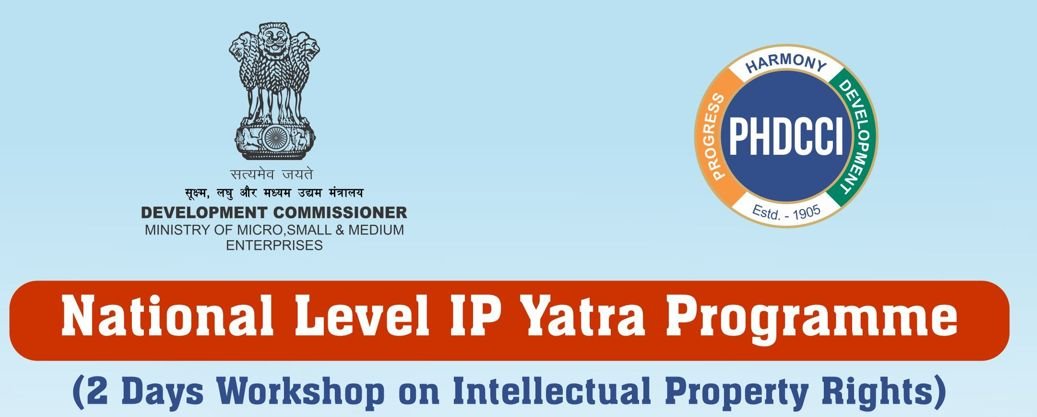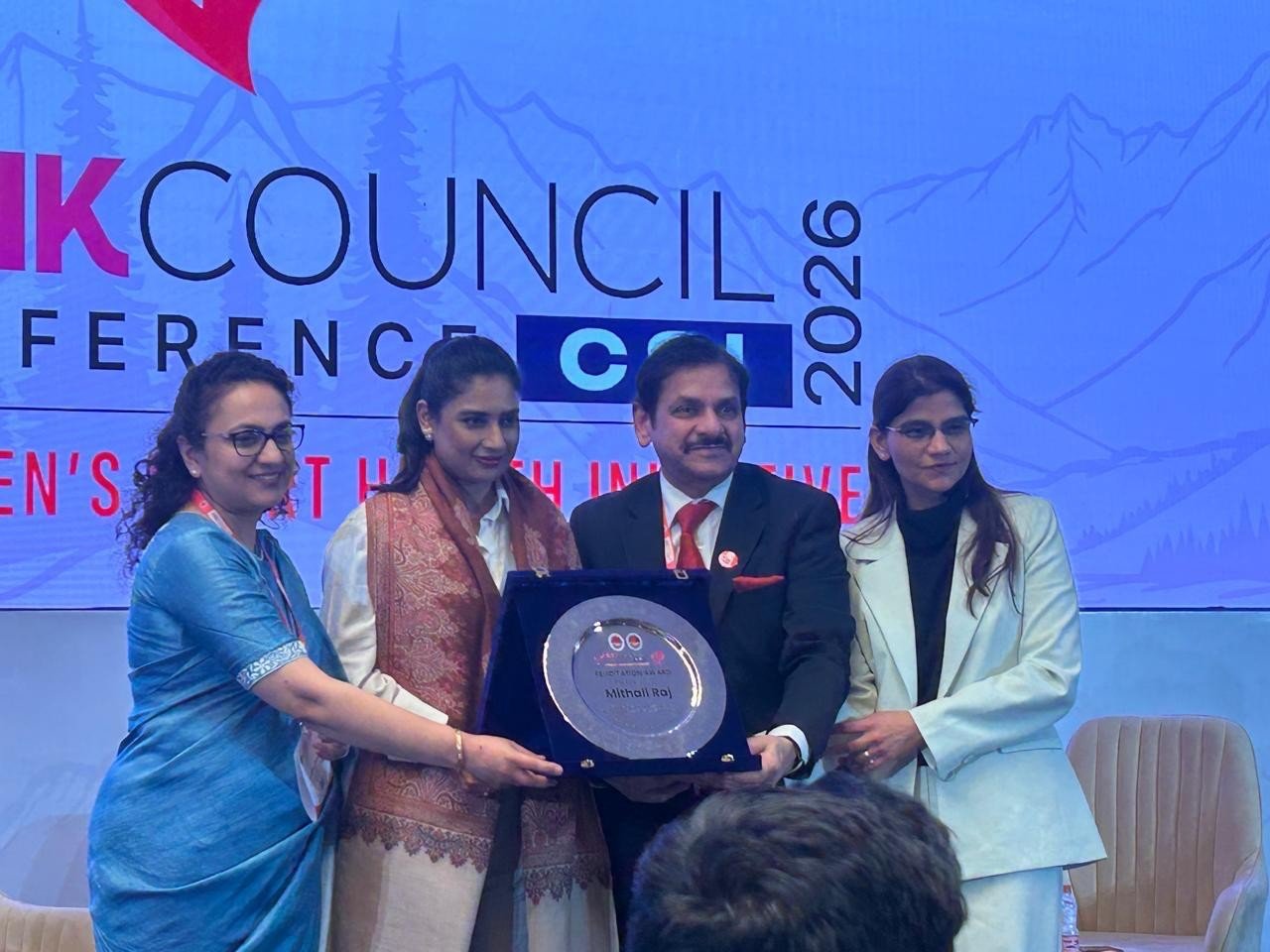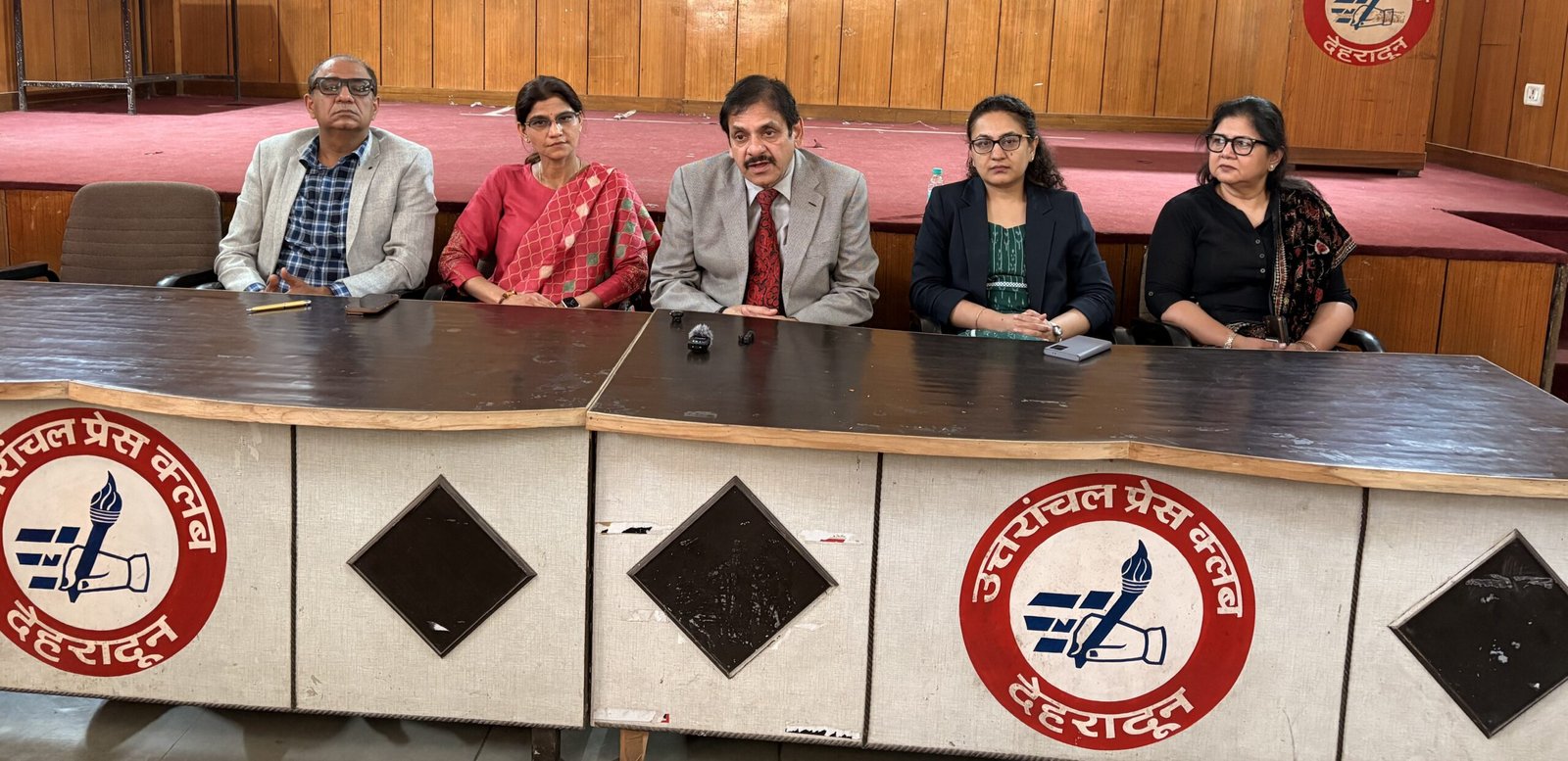New Delhi: Agricultural research is a key pillar of India’s agriculture sector. Under the guidance of Prime Minister Narendra Modi, efforts are underway to further strengthen it and promote innovation in agricultural research. To ensure effective implementation of current schemes and programs, Union Minister of Agriculture, Farmers’ Welfare and Rural Development, Shri Shivraj Singh Chouhan, held a marathon meeting with Deputy Directors General of the Indian Council of Agricultural Research (ICAR). This important meeting took place in the Board Room of NASC Complex, New Delhi. During the meeting, the Union Minister reviewed the research initiatives of various ICAR divisions and provided extensive guidance on future strategies.
Focus on Farmers’ Prosperity-
At the outset of the meeting, the Minister emphasized that the true spirit of a developed India will only be realized when the last farmer in the line becomes prosperous, echoing the vision of PM Modi. Stressing on enhancing productivity and production of major crops, he underlined the need to develop improved seed varieties, promote agricultural innovation, and achieve encouraging results in the coming years.
Discussion on Future Action Plan-
The meeting began with a presentation by the Crop Science Division, which highlighted a comprehensive future strategy for quality seeds and food grain production. Referring to the four major announcements in the Union Budget 2025-26 – achieving self-reliance in pulses, a national mission on high-yielding seeds, a mission to boost cotton productivity, and accelerating the establishment of gene banks for crop germplasm – the Minister called for swift action.
Priority on High-Quality Seed Development-
Union Minister Chouhan directed that the development of quality seed varieties be treated as a top priority. He specifically emphasized developing bund-tolerant varieties of pulses and applying a scientific approach to pulse promotion. Highlighting soybean cultivation, he mentioned ongoing discussions with Chief Ministers and Agriculture Ministers of various states. He called for robust efforts to promote soybean during Kharif sowing and suggested large-scale awareness campaigns to boost farmer interest in soybean production.
Ensuring Timely Delivery of New Seed Varieties-
The Minister stressed the need for developing and quickly distributing new seed varieties. He urged seed centers across the country to play an active role and ensure that the benefits of technology reach small and marginal farmers efficiently and swiftly.
Soil Testing at Farmers’ Fields-
He called for efforts to enable soil testing directly in farmers’ fields, stating that such steps would encourage farmers to engage more meaningfully in agriculture. He also highlighted the need for increasing the yield of pulses, oilseeds, and millets alongside wheat and rice. Further, he emphasized the proper use of pesticides and the need for more structured research on their application.
Strengthening Farm-to-Market Linkages-
Chouhan spoke on establishing an efficient farm-to-market value chain at the village level and stressed the proactive role of agricultural marketing committees.
Model Farms for Small Farmers-
Following the Crop Science Division, presentations were made by the Natural Resource Management (NRM) and Agricultural Extension Divisions. The Minister discussed:
Climate-resilient farming
Development of model farms for smallholder farmers
Certification of natural farming products in collaboration with state governments
Integration of livestock, fisheries, and beekeeping with small farming
Enhancing fodder production
Production of special seed varieties for natural farming
Dryland agriculture management in coordination with the Ministry of Rural Development
Integration of Soil Health Cards with farmers’ needs
Promotion of bamboo cultivation and tree planting for climate action
Availability of soil testing kits
Credible impact assessment of technologies
Capacity building and training of farmers
Inclusion of NGOs in extension efforts
Enhancing the effectiveness of Krishi Vigyan Kendras (KVKs)
Important Role of KVKs
Concluding the meeting, the Minister laid special emphasis on the role of KVKs, stating that no institution is better placed than KVKs to connect farmers with science and technology. He urged that KVKs facing performance issues should take immediate steps for improvement and ensure outreach to ordinary farmers. He also called for a mechanism to deliver demand-based services and suggested integrating more women and youth into agricultural extension efforts. He recommended that each KVK designate at least one block for natural farming and called for impact assessment systems to be put in place.
The meeting was attended by ICAR Director General Dr. M.L. Jat, all Deputy Directors General, Assistant Directors General, and other senior officials.




